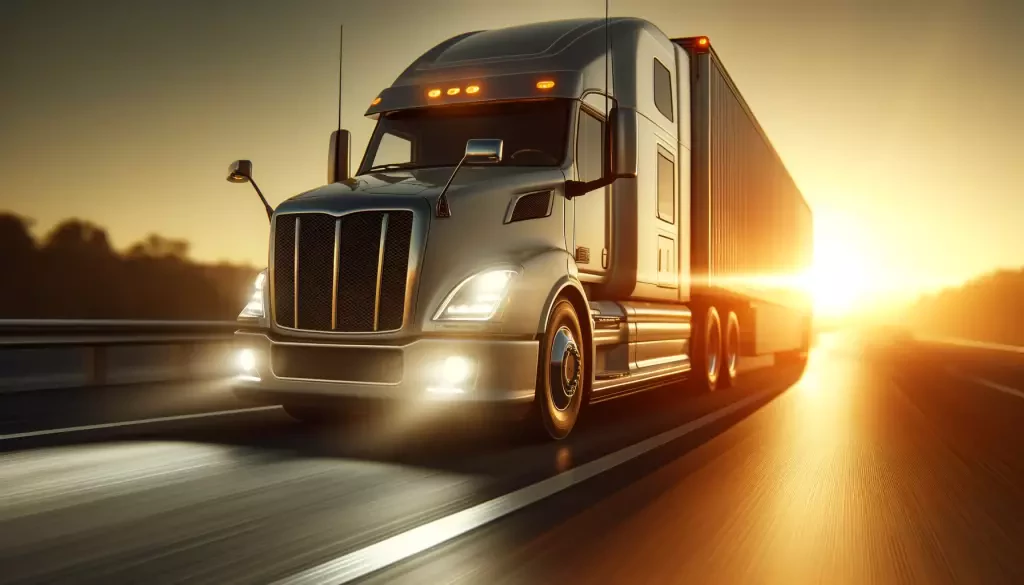
Transporting vehicles to Pittsburgh requires careful planning and strategic measures to protect them during transit. To safeguard vehicles, transport companies utilize a variety of protective strategies. This includes the use of covered trailers that shield vehicles from road debris and harsh weather conditions, ensuring they arrive in pristine condition. Additionally, secure strapping and padding techniques are employed to prevent any movement during transport that could lead to scratches or dents. By adhering to these rigorous protection protocols, best vehicle shipping companies ensure that every vehicle reaches its destination safely and securely.

The Complete Guide to Vehicle Transport to Pittsburgh
Transporting a vehicle to Pittsburgh requires careful planning, adherence to safety protocols, and understanding of transportation regulations. Whether you are moving a family car, school buses for educational purposes, or heavy trucks for commercial use, ensuring the integrity of the vehicle during transit is paramount. This guide provides a step-by-step overview of the process, from pre-transport preparation to post-transport inspection, emphasizing the use of added protection measures and the latest in transport technology.
Pre-Transport Vehicle Preparation
Ensuring that your vehicle is ready for transport is crucial for a smooth process and to minimize the risk of potential damages. Preparing your vehicle involves several key steps:
Checklist for Vehicle Preparation
- Disable Alarms: To prevent any disruptions during transit.
- Check for Leaks: Ensuring that there are no fluid leaks that could worsen during transportation.
- Document Pre-existing Damage: Take detailed photos and notes of any existing damage to compare with the post-transport condition.
Additional Resources for Preparation
- Covered Transport Options: Considering covered trailers for added protection against road debris and the elements.
- Insurance Verification: Confirm that your insurance provides coverage for transport or if additional policies are needed.
Loading Techniques
The safety of the vehicle during loading is critical to prevent accidents and ensure it arrives in the same condition it was loaded.
Tools and Techniques for Safe Loading
- Hydraulic Ramps: Used for safely elevating vehicles onto the transport trailer.
- Professional Driver Protocols: Ensuring that drivers are trained in secure loading practices and understand the specifics of vehicle type and demand.
Regulations and Safety Protocols
- State Agencies Oversight: Adherence to Pennsylvania's regulations on vehicle transport.
- Safety Measures: Use of straps and barriers to secure the vehicle during transport.
During Transit
The journey to Pittsburgh must be managed with strict controls to maintain vehicle safety and comply with transportation laws.
In-Transit Checks and Balances
- Frequent Stops: Conducting regular stops to check vehicle stability and strap integrity.
- GPS Monitoring: Utilizing GPS technology to monitor the route and make real-time adjustments as needed.
Communication and Data Management
- Driver Updates: Regular communication between the transport team and the driver to report on transit status.
- Access to Transit Data: Providing clients with access to real-time data on the location and condition of their vehicle.
Unloading and Post-Transport
Arrival in Pittsburgh marks the end of the transport journey but the beginning of post-transport procedures to ensure everything went as planned.
Safe Unloading Practices
- Unloading Protocols: Steps taken to safely remove the vehicle from the transport, mirroring the care and attention of loading techniques.
- Environment Control: Ensuring the unloading area is secure and suitable for the vehicle type.
Post-Transport Inspection
- Damage Assessment: Conducting a thorough inspection of the vehicle to determine if any damage occurred during the transport.
- Documentation and Reporting: Updating the transport record with the post-transport condition and any discrepancies from the pre-loading assessment.
Insurance and Safety Standards in Vehicle Transport

When it comes to transporting vehicles, whether it’s cars to Pittsburgh or school buses across Pennsylvania, understanding the intricacies of insurance and adhering to stringent safety standards is crucial. This overview not only breaks down the types of insurance necessary during auto transport but also highlights the safety regulations that ensure the security and integrity of vehicles on the move.
Coverage Details
Types of Insurance Coverage
- Comprehensive Insurance: This type of insurance covers any damage caused by incidents other than collisions, such as vandalism, theft, or environmental factors like road debris. This is crucial for added protection when transporting vehicles over long distances.
- Collision Damage Insurance: Specifically covers damages from accidents during the transport process. It ensures that any potential damages caused by collisions are handled professionally, maintaining the integrity and value of the vehicle.
Additional Insurance Tips
- Verify Coverage: Always verify the extent of the insurance coverage before commencing transport. This ensures that all potential hazards are covered, providing peace of mind to both the transporter and the vehicle owner.
- Customized Policies: Depending on the vehicle type and the specific requirements of the transport, additional policies may be necessary. For example, high-value cars might need extra coverage options.
Industry Standards for Safety

Regulations and Safety Standards
- Federal and State Regulations: Transport companies must comply with a myriad of regulations enforced by state agencies and federal bodies. These regulations ensure that all vehicles, including trucks and trailers, are transported in a manner that prioritizes safety and minimizes risks.
- Pennsylvania Specific Standards: In Pennsylvania, specific standards and permits are required for transporting certain types of vehicles, such as school buses or large trucks. These regulations ensure that vehicles are transported safely across state lines and within state boundaries.
Safety Protocols for Auto Transport
- Vehicle Inspection: Before any vehicle is loaded onto a trailer, a thorough inspection is conducted to determine its condition. This helps in documenting pre-existing issues and planning the transport to avoid any further damages.
- Driver Training: Drivers handling the transport are trained and certified according to industry standards. They are skilled in safe loading, transporting, and unloading techniques to ensure that all vehicles are handled with care.
- Equipment and Tools: The use of advanced tools and equipment, such as covered trailers for transporting high-demand vehicles, is standard. These tools provide added protection from road debris and environmental hazards.
Emphasizing Vehicle Safety
- Route Planning: Detailed route planning is essential to avoid hazardous roads and ensure the vehicles are traveling under the safest conditions possible.
- Real-Time Monitoring: Using modern technology, transport companies offer real-time data monitoring during the journey. This allows for immediate action if any issues arise, ensuring the safety and security of the vehicle throughout the transport process.
Challenges Specific to Pittsburgh
Transporting vehicles to Pittsburgh comes with unique challenges due to the city’s geographical and climatic conditions. Known for its steep hills and variable weather, Pittsburgh poses navigational challenges that require specific strategies to ensure vehicles are transported safely. For instance, auto transport companies often adjust their routes and schedules to avoid steep inclines during adverse weather conditions, which can significantly increase the risk of accidents and delays. Furthermore, companies may employ tailored protection strategies such as using covered trailers to shield vehicles from road debris and harsh weather, ensuring added protection during transit.
Choosing the Right Transport Company
When choosing the right transport company for Pittsburgh, it is crucial to look for providers with a strong track record in navigating these challenges. Essential criteria include proper licensing, positive customer reviews, and operational transparency. These elements indicate a company’s capability to handle the demands of transporting various vehicle types, from personal cars to school buses, under the specific environmental conditions of Pennsylvania. Additionally, customers should ask potential transport companies about their vehicle protection practices, such as the types of trailers used and measures taken to secure vehicles against potential damages during transport. By ensuring that the company adheres to safety regulations and offers comprehensive transport solutions, customers can confidently select a provider that meets their needs and ensures the safe arrival of their vehicles to Pittsburgh.

Conclusion
Transporting vehicles to Pittsburgh efficiently and safely requires choosing a company that excels in managing the unique geographical and climatic challenges of the area. Ensuring robust insurance and stringent safety protocols further guarantee that every vehicle arrives in top condition. Ready to move your vehicle to Pittsburgh with confidence? Contact A1 Auto Transport today! Trust us to provide top-tier service, ensuring your vehicle’s safety with state-of-the-art protection. Visit our website or call us now to get started!






 Share on Facebook
Share on Facebook Share on LinkedIn
Share on LinkedIn Share on Twitter
Share on Twitter




 Google
Google  Instagram
Instagram  Trustpilot
Trustpilot 



